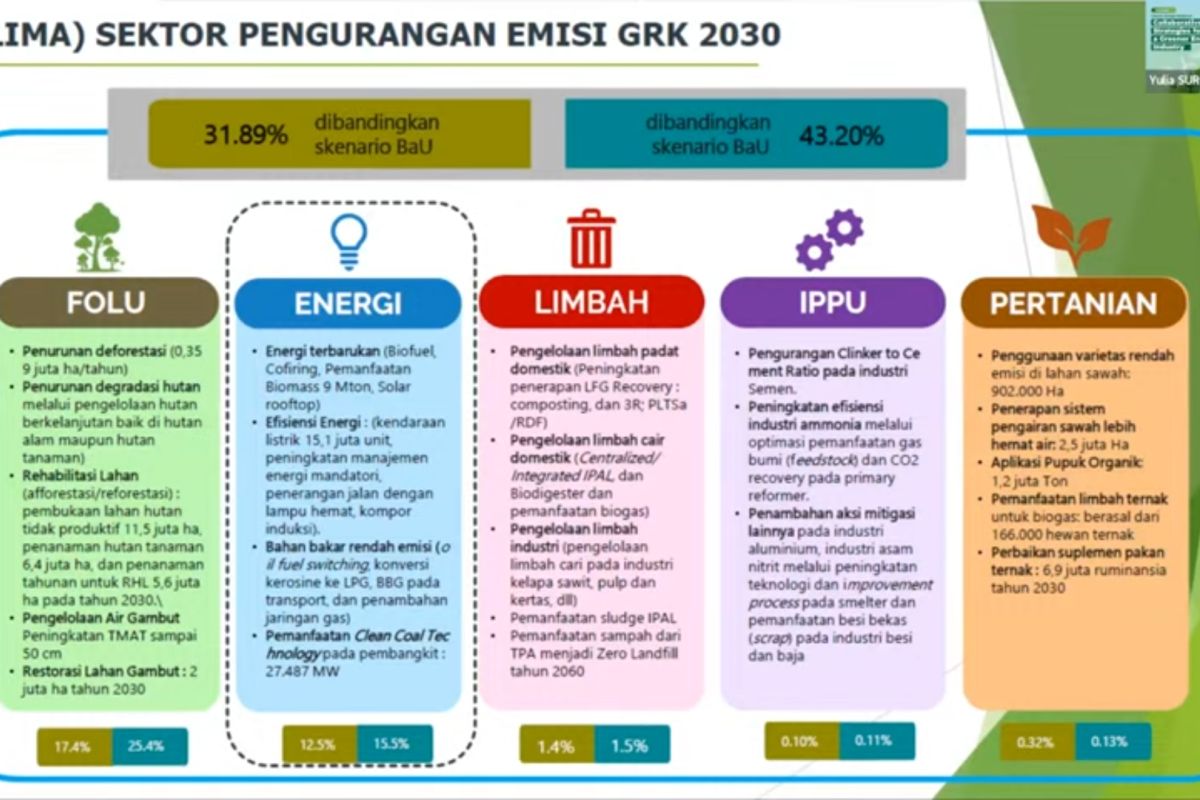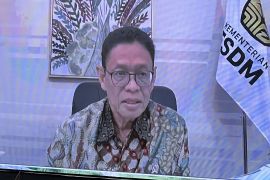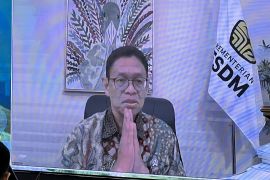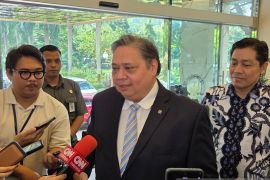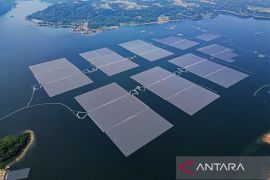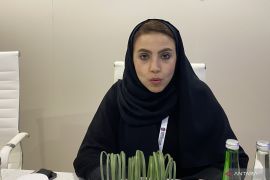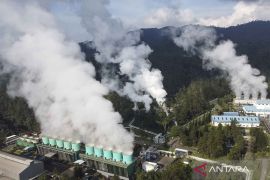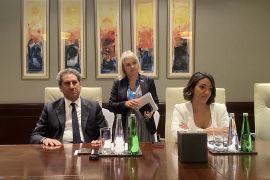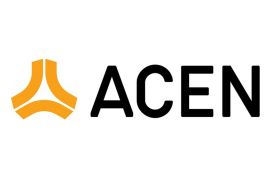Director of climate change mitigation at the ministry, Yulia Suryanti, said that Indonesia has submitted its Enhanced Nationally Determined Contributions (E-NDC) document for reducing greenhouse gas (GHG) emissions, including through the use of new renewable energy (EBT).
"In the E-NDC document, we also recognize the role of renewable energy, oil, gas, and coal, only the quantity is decreasing or decreasing," she informed at the Mitigating Climate Change event, which was accessed online from Jakarta on Tuesday.
The use of EBT is targeted to increase to 23 percent by 2025, and then to 31 percent by 2050.
Suryanti informed that there are at least three strategies to achieve GHG reduction of 31.89 percent in 2030 without help from other countries.
First, by reducing carbon emissions in the energy sector through the use of biomass energy. Second, using low-emission fuels such as converting kerosene to LPG, and third, promoting energy efficiency by using electric vehicles.
In addition, she said that in the long-term, the low carbon and climate resilience strategy (LTS-LCCR) for 2050 and the carbon reduction scenario, which is in accordance with the Paris Agreement (the global agreement on fighting climate change), could meet the highest target, if net carbon absorption is greater than the carbon dioxide produced (FOLU net sink).
Fulfilling the FOLU net sink also needs to be carried out simultaneously with energy transition efforts.
"The whole scenario is to reach carbon neutrality by 2060 or sooner," she said in her presentation.
Related news: Strengthening archipelagic states' solidarity through AIS Forum
Related news: AIS Forum invites young people to help address marine issues
Related news: Island nations most vulnerable to climate change: President Jokowi
Translator: Ahmad Muzdaffar Fauzan, Cindy Frishanti Octavia
Editor: Azis Kurmala
Copyright © ANTARA 2023
